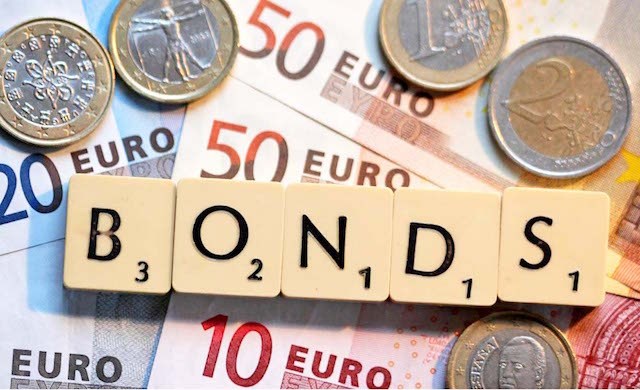The average yield on Nigeria’s government Eurobonds has risen to 10% in foreign markets, owing to a wave of selloffs fueled by inflation-driven risk aversion.
Foreign portfolio investors (FPIs) have previously boosted their exposure to Nigerian Eurobonds in response to the US Federal Reserve’s interest rate decreases. However, growing domestic prices and economic uncertainty have reversed this tendency.
Nigeria’s inflation rate reached 33.88% in October 2024, despite considerable modifications to the benchmark interest rate. As the Central Bank of Nigeria’s Monetary Policy Committee prepares to meet later this month, Broadstreet analysts anticipate another rate rise.
While monetary policy tightening initially reduced the negative real yield on naira-denominated assets to below 5%, the worsening consumer price index has pushed it back up to around 7%.
The reduced appetite among foreign investors has led to a decline in Eurobond prices, causing yields to climb. According to market traders, selloffs occurred across short-, medium-, and long-term maturities, resulting in a 24 basis points increase in the average yield to 10%.
The mid-range maturities experienced the most significant impact, particularly the March 2029 and February 2032 bonds, which saw their yields rise by 27 and 26 basis points, respectively, as noted by TrustBanc Financial Group.
Fixed income analysts at AIICO Capital Limited observed substantial selling pressure across African bonds. Following Donald Trump’s recent election victory, market participants adjusted to the reduced likelihood of aggressive rate cuts by the U.S. Federal Reserve.
Despite the bearish sentiment, there was selective buying of longer-term Angolan bonds, supported by a slight increase in oil prices. Meanwhile, the Sub-Saharan African bond curve remained largely bearish, with Egypt being an exception, where mixed market sentiments prevailed.
Analysts now expect a modest recovery in the near term, as current bond yield levels may attract investors seeking value opportunities.













